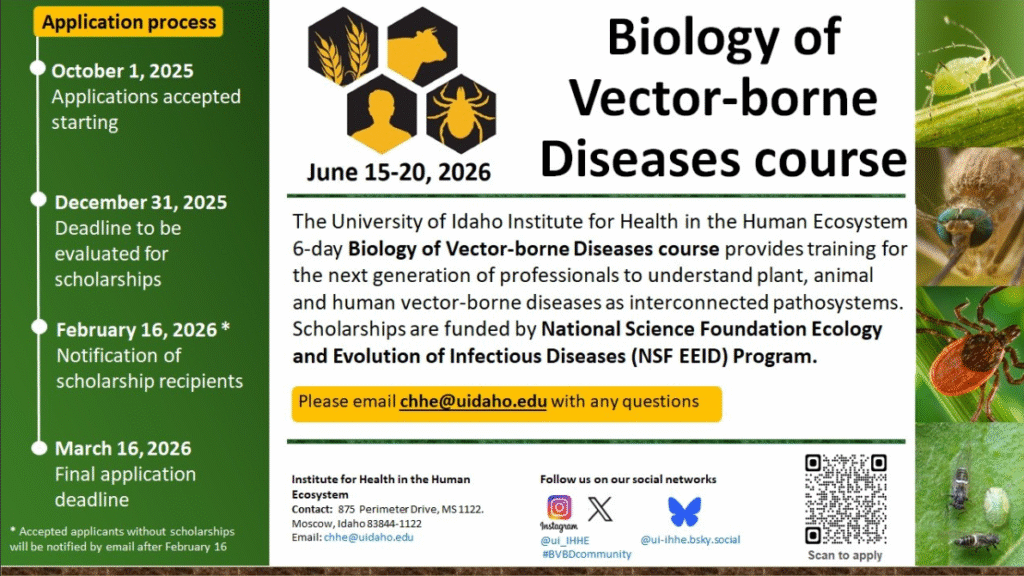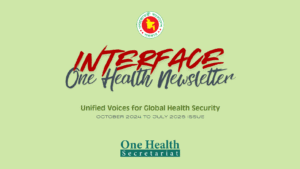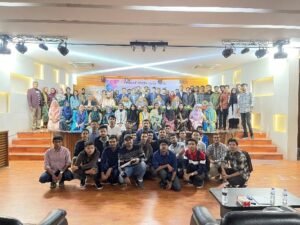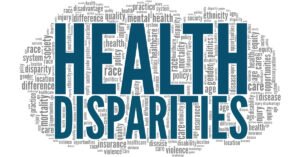The University of Idaho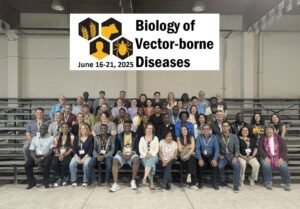 ’s Institute for Health in the Human Ecosystem (IHHE) will host its annual Biology of Vector-Borne Diseases (BVBD) course from June 15–20, 2026 in Moscow, Idaho, USA. This six-day course is designed for advanced graduate students, postdoctoral fellows, early-career faculty, and professionals working in the field of vector-borne diseases.
’s Institute for Health in the Human Ecosystem (IHHE) will host its annual Biology of Vector-Borne Diseases (BVBD) course from June 15–20, 2026 in Moscow, Idaho, USA. This six-day course is designed for advanced graduate students, postdoctoral fellows, early-career faculty, and professionals working in the field of vector-borne diseases.
About the Course
The BVBD course provides condensed, accessible training on the biology, ecology, and epidemiology of vector-borne diseases affecting plants, animals, and humans. It emphasizes a One Health perspective, recognizing that these diseases do not occur in isolation but as interconnected pathosystems within complex human and ecological systems.
The program combines lectures with interactive discussions led by internationally recognized experts. Participants benefit not only from exposure to the latest scientific knowledge but also from networking opportunities with peers and mentors from diverse disciplinary and geographic backgrounds.
My Experience
I had the opportunity to attend the 2025 BVBD course with the support of a scholarship. The course structure was well-organized, multidisciplinary, and highly relevant to both academic and professional growth.
Several aspects were particularly impactful:
- The integration of plant pathology and plant vector-borne diseases into the same framework as human and animal health. This broadened my understanding of how interconnected these systems truly are.
- The emphasis on addressing “wicked challenges”—complex problems without simple solutions—highlighted the importance of integrated strategies for Bangladesh, where climate change, urbanization, and land-use change are driving shifts in vector-borne disease dynamics.
- The diverse backgrounds of participants and instructors created an excellent platform for knowledge exchange and for strengthening global scientific networks.
- This experience deepened my appreciation of the One Health approach and its relevance for Bangladesh, where vector-borne diseases remain a pressing public health, agricultural, and food security concern.
Why It Matters for Bangladesh
Bangladesh continues to face repeated and severe dengue outbreaks, along with vector-borne threats in livestock and crops. Courses such as BVBD provide opportunities for Bangladeshi scientists, students, and professionals to learn from international expertise and to bring back insights that can be applied in our national context. Building local capacity in vector-borne disease research and management requires training that is multidisciplinary and globally connected. Participation in the BVBD course can contribute to this goal.
Scholarships and Key Dates
Scholarships are available through support from the U.S. National Science Foundation (NSF), which cover course fees, accommodation, meals during the course, and partial travel support.
- December 31, 2025 – Application deadline for scholarship consideration
- February 16, 2026 – Scholarship award notifications
- March 16, 2026 – General application deadline (non-scholarship applicants)
Recommendation
Based on my personal experience, I strongly recommend members of the One Health Bangladesh community to apply for this course. It provides structured training, international exposure, and a deeper understanding of the One Health approach to vector-borne diseases. Strengthening our national expertise in this area is crucial for addressing both current and emerging challenges in Bangladesh.
For more details on the course and application process, please visit the University of Idaho’s IHHE website.

